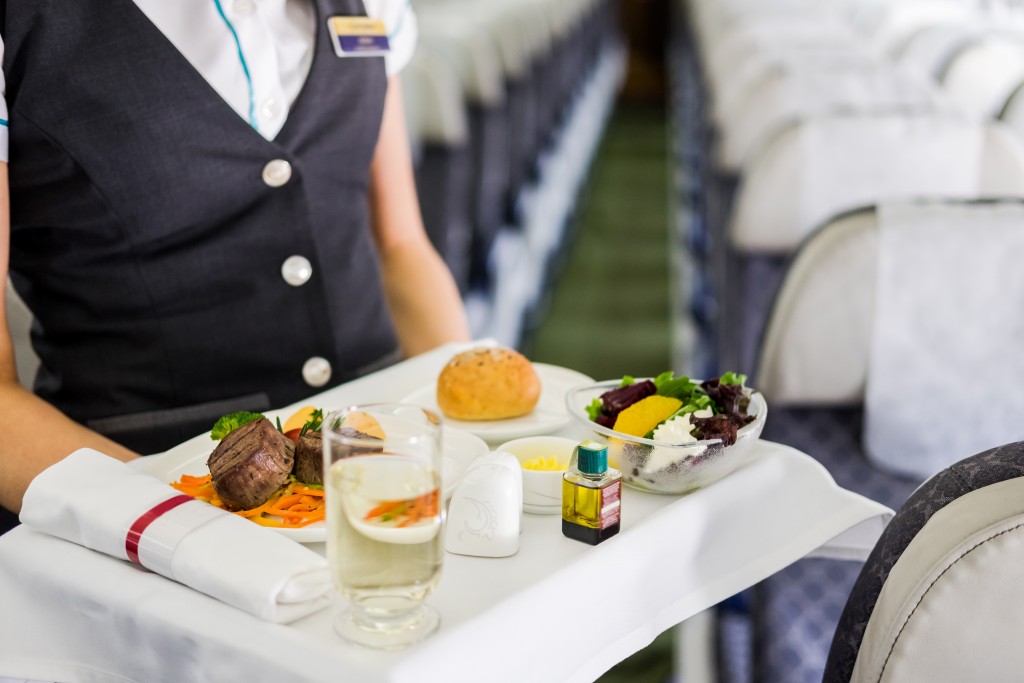Parents know how difficult it is to fly with their kids, but traveling with a child with severe allergies is even more challenging. If you don’t think your child is ready for air travel, it’s best to delay the trip.
If you have to fly, planning is critical when traveling with a child with food allergies. Follow these tips to make the journey as safe and worry-free as possible for your kid.
Discuss your travel plans with your doctor
Before anything else, get clearance with your child’s pediatric allergy doctor to ensure that your kid is safe to travel. Discuss your travel plans with the doctor, from your choice of airline and accommodations to where you plan on eating at your destination.
Your doctor will give you tips and reminders to make sure you avoid an allergic reaction. They’ll also prescribe easy-to-administer medications just in case. You can also get a signed copy of your child’s emergency food allergy treatment plan to bring on your trip.
Check the airline policy ahead of time
Look up different airlines and their respective protocols for when a passenger has severe food allergies. Some airlines, such as Delta, will refrain from serving peanuts on your flight if you inform them at least 48 hours before about your nut allergy. Some airlines have dedicated “nut-free zones” in the plane.
Contact the airline ahead of time to ask about their policy. Determine the level of in-flight assistance you need and ask if they’ll be able to accommodate your needs. If your child is allergic to animal dander, ask if there will be any pets in your flight.
Pack your own food and medication
Many airlines provide allergy-sensitive meals for long flights. But there’ll be less risk if you prepare your child’s food yourself. Bring sealed pouches of food on your hand luggage or in insulated carriers. If it’s a short flight, your child’s favorite snack should suffice.
Remember that the food you pack shouldn’t contain any liquids and gels that exceed the amount allowed by airports.
Look up restaurants and groceries in your destination ahead. If you expect that it will be difficult for you to find the food you need at your destination, you can pack shelf-stable items in your checked bag. You can also ship a box of allergy-sensitive food and snacks ahead to your accommodation.
Be sure to pack your child’s allergy medications as well. It might be difficult for you to buy these at your destination, so it’s best to be prepared. UK’s airports allow epinephrine auto-injectors or EpiPen in hand and hold luggage.
Bring food and travel translation cards

If you’re traveling to a foreign country, the language barrier can make it harder for you to ensure food safety for your child. An allergy translation card is essential to explain food allergies and intolerance to chefs or wait staff when traveling abroad.
Have statements like “I have a severe peanut allergy. Does this food contain peanuts or peanut oil?” translated in the language of your destination. Print it onto a card, then have it laminated. Bring this in your purse and put one in your child’s bag or pocket to make sure you always have a copy of the card.
Taking precautions is the key to traveling safely with kids with severe allergies. With careful planning, preparation, and research, you can enjoy a worry-free, relaxing out-of-the-country trip with your entire family.

